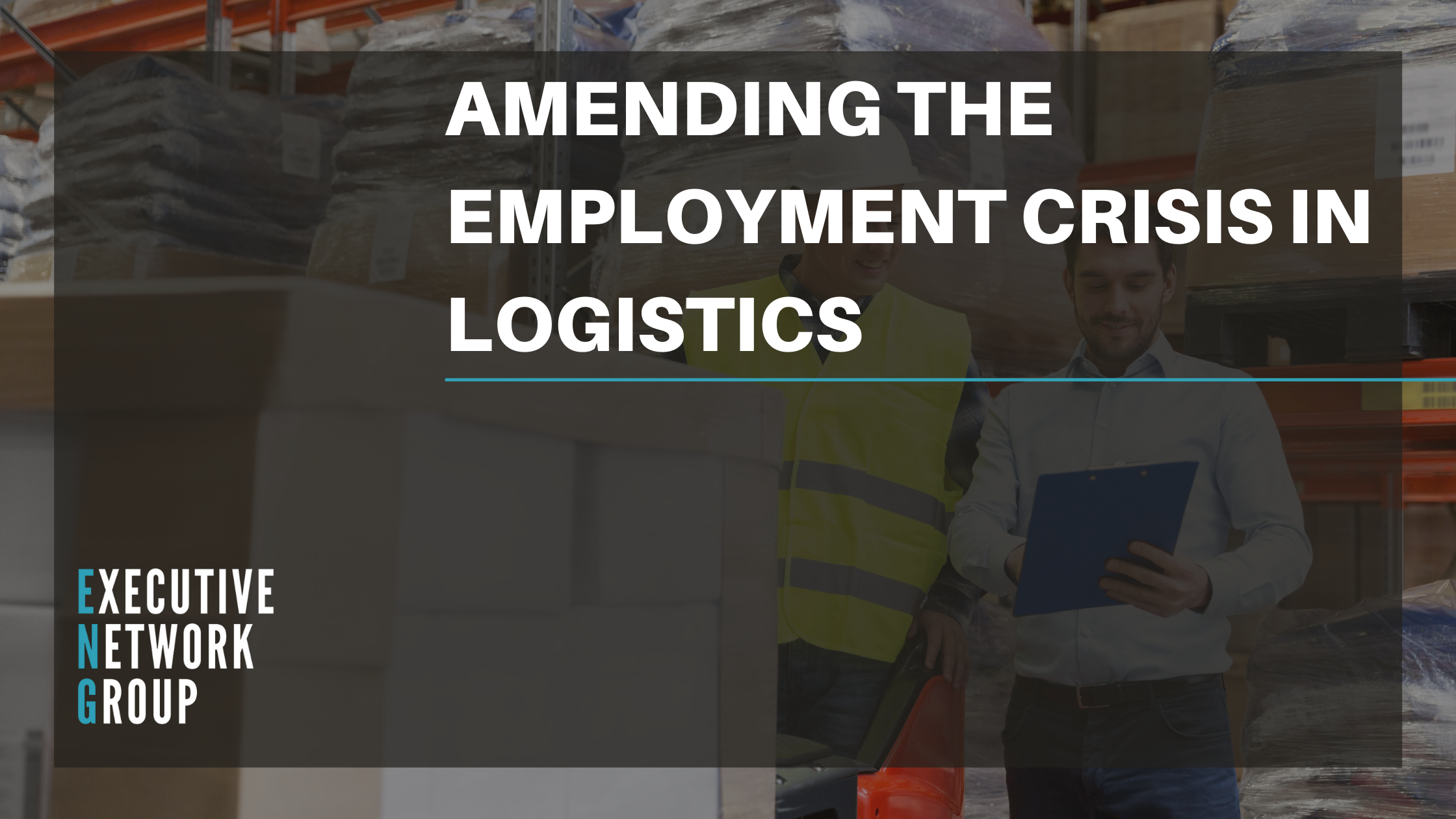Logistics & Transport - The Surge in fuel prices across the UK
The increased fuel costs
Crude oil was trading at its highest level for 14 years on the 8th of March 2022. The cost of crude oil has risen by 12% since the start of the Ukrainian conflict, and 41% since the start of the year, and the price of fuel is 24% higher at the forecourt year on year. Logistics UK estimates that just one penny increase in duty adds around £470 per year to the cost of running one truck (Logistics UK, 2022).The cost increase in the price of fuel has added to the level of demand and pressure on the already strained supply of labour in the Logistics and Transport industry. Building and construction companies are calling for a 12-month delay in the implementation of new red diesel rules that are set to take effect on April 1 (P. Masons, 2022).
The law around the use of diesel in certain vehicles and machinery is set to change next month. The new rules, being imposed by the government, will affect machines, appliances, and industries up and down the country which use the often cheaper fuel. Here's what's happening:
What is red diesel?
Red diesel is also called gas oil, so it is referred to as rebated fuel. Taxed at a much lower rate than white diesel, it is typically much cheaper than what motorists buy at petrol stations.
An example would be diesel road engines which have a duty rate of 57.95 pence per liter, whereas red diesel is entitled to a rebate of 46.81 pence per liter, giving an effective rate of 11.14 pence (OilFast, 2022).
In order to differentiate it from the more standard fuel which our cars use, diesel is often dyed crimson to make it stand out from other fuels that are used for off-road machinery and engines like diggers and tippers. It is also used by ships, boats, and barges and by the railways to power vehicles such as freight trains.
Although it is illegal to use it on public roads, there are some exceptions - for instance, if it is used to power the gritting machines that treat surfaces or those that cut the verge vegetation and hedge of country lanes.
Many industries, as well as their companies, rely on red diesel for their equipment and appliances. A number of industries, including farming, agriculture, and construction, rely on specialist fuel suppliers to legally purchase red diesel (KentOnline, 2020).
When and why are the rules changing?
The rules surrounding the use of red diesel, and other rebated biofuels, change on April, 1st, 2022. The plans were first outlined during the 2020 budget.
With climate change and reducing the UK's harmful greenhouse gas emissions among the government's big targets, with an ambitious plan to make the country carbon neutral by 2050, it has taken the decision to restrict the numbers of sectors and industries that will be able to have access to red diesel from the start of next month.
Ministers also gave businesses around two years' notice to help them prepare for the switch to a different fuel type, in addition to making allowances for the disruption caused by the pandemic.
As of April 1, red diesel is not allowed to be put into tanks that are not legally capable of storing it, no matter how old the inventory is. Instead, firms are being advised by HMRC to run down supplies as best they can ahead of the date change and then safely dispose, sell or transfer any remaining red fuel they may have left.
The Executive Network Group's Logistics & Transport division
Our Logistics & Transport division is currently in talks with a number of clients surrounding the impact of a rise in fuel costs. As a result, we gathered data across our Logistics & Transport social channels to discover what type of fuel is being used at present.
Our statistics displayed the following results:
- Diesel 56%
- Bio-Diesel 11%
- Electric 0%
- Variety of the above 33%
What we can tell from the sample data we have collected suggests that the fleets of the Logistics & Transport sector are still heavily dependent on the usage of diesel products, and haven't managed to transition toward a system that supports the global agenda of reducing carbon emissions.
Our Head of Logistics and Transport James Alexander Uddin has reached out to numerous clients and contacts within the sector, he states;
"The upcoming announcement regarding fuel is forcing Logistics and Transport companies to think about solutions to combat this rising cost. A number of companies have tried requesting their fleets to limit idling on journeys to reduce costs. The vast majority of Logistics and Transport companies, unfortunately, have no short or long-term solution just yet."
So this begs the question, is there a solution, if so, what is it?

